JPAC Regular Session 14-01: Building Healthy and Sustainable Homes in Remote Communities: A Focus on Indigenous Communities in North America
Hotel Victoria Oaxaca
Carretera Internacional Km 545
Oaxaca, Oaxaca
Mexico
12 and 13 May, 2014
Public
Barriers to building healthy, sustainable homes remains a major concern for a number of remote communities in North America, as well as many indigenous communities. To discuss the opportunities and challenges faced by Canada, Mexico and the United States, the CEC invites you to join a public forum featuring researchers, community leaders, government officials, and all others impacted by this issue.
With the overall goal of providing recommendations on this important environmental justice issue to the CEC Council – North America’s highest-level environmental authorities – the JPAC, invited experts, and stakeholders will explore the following issues:
Agenda
Monday, 12 May 2014
Foyer Mitla Room
Registration of Participants
Mitlá Room
Welcoming Remarks
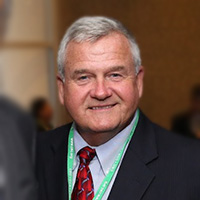
Robert Varney
JPAC Chair
Mitla Room
Opening and introductory remarks
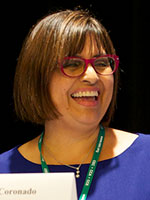
Irasema Coronado
Executive Director, Commission for Environmental Cooperation (CEC)
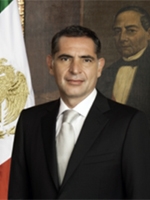
Gabino Cué Monteagudo
Constitutional Governor of the State of Oaxaca
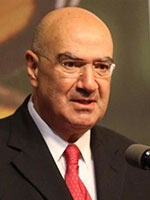
Juan José Guerra Abud
Mexico’s Secretary for Environment and Natural Resources
Presentation of objectives, methodology and participants

Benjamin Teitelbaum
Program Manager,CEC and facilitator
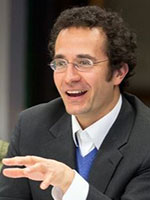
Director, Masters in Mediation and Applied Conflict Studies, Woodbury Institute of Champlain College
Keynote presentation
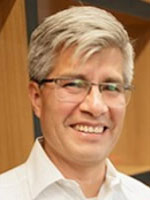
Pedro Pacheco
Associate Professor, School of Architecture, Art and Design
ITESM
Download Presentation
Session 1: Air, Energy and Water: Securing High Quality and Affordable Resources in Remote Communities
This session focuses on how to improve access to clean water, indoor air quality and affordable energy in remote communities, drawing from examples and successful practices in low-tech systems and designs, community renewable energy projects, and other initiatives across the continent.
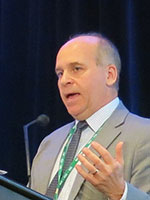
Dave Angus
Moderator
JPAC member
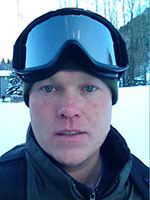
Applied Sciences Manager at the Alaska Native Tribal Health Consortium, and Director of the Indian Health Service’s National Tribal Water Center
Download Presentation
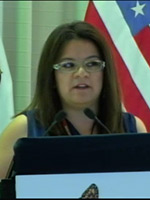
María Teresa Hernández Cruz
Center of Applied Research on Environment and Health, CIACYT-Medicina-UASLP
Download Presentation
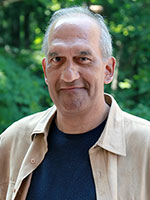
Chris Henderson
President
Lumos Energy and Author of “Aboriginal Energy”
Download Presentation
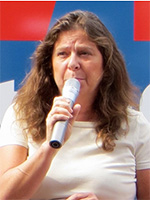
Mariel Nanasi
Executive Director and President
New Energy Economy Group
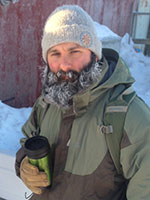
A.J. Salkoski
Project Manager
Alaska Native Tribal Health Consortium
Facilitated discussion with the panelists and participants
Session 1 wrap-up
Break
Session 2: Barriers that Limit the Access of Healthy and Affordable Homes and Resources in Remote Communities
Affordable, healthy, high-quality housing is the basic element for a sustainable community. Housing choice plays an important role in reducing disparities in health, economic, and quality of life and leads to building thriving regions. This session will identify measures to mitigate barriers to affordable transportation of building materials to remote communities and the availability of local expertise in sustainable systems/building.

Ann Edminster
Principal, Design AVEnues and Chair of the CEC’s Green Building Task Force
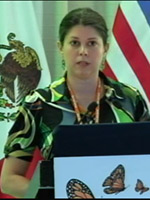
Molly McCabe
Executive Director
Red Feather Development Group
Download Presentation
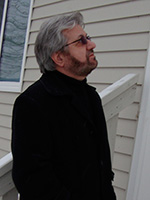
Dimos Polyzois
Professor of Structural Engineering
University of Manitoba
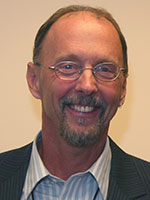
Jack Hebert
President and CEO of Cold Climate Housing Research Center
Download Presentation
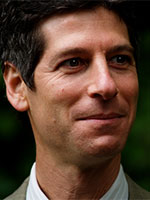
Nadav Malin
President, Building Green
Facilitated discussion with the panelists and participants
Session 2 wrap-up
Keynote Presentation
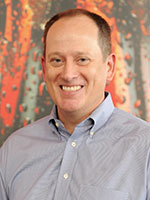
Greg Koch
Global Director of Water Stewardship
The Coca-Cola Company
Download Presentation
Yagul Room
Lunch
Session 3: Protecting Communities Most Vulnerable to the Impacts of Climate Change
Vulnerability to climate change and its impact on social, political, economic and environmental conditions is being experienced in communities throughout North America. This session will identify successful and promising mitigation measures that can be implemented in remote communities.
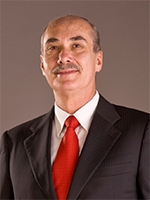
Francisco Garza Egloff
JPAC member
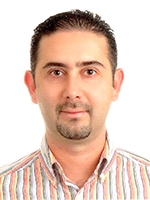
Salvador Rodríguez Kuri
Sustainable Energy Program in Mexico, GOPA
Download Presentation
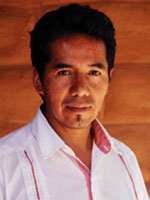
Mindahi Crescencio Bastida Muñoz
Doctor in Rural Development, Universidad Autónoma Metropolitana -Lerma
Download Presentation
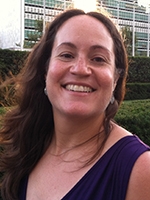
Julie Koppel Maldonado
Department of Anthropology, American University in Washington, DC, and co-author of The Impact Of Climate Change on Tribal Communities in the Us: Displacement, Relocation, and Human Rights
Download Presentation
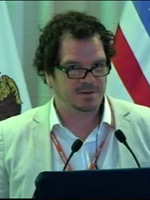
Charlie Sark
Board of Directors, Treasurer, Indigenous Rights Centre Coordinator
Download Presentation
Facilitated discussion with the panelists and participants
Session 3 wrap-up
Break
Session 4: Financing for Residential Green Building Projects (New Construction and Retrofits) in Remote Communities
This session will examine opportunities to leverage new sources of capital—private or other—to scale up projects that increase sustainability of the built environment (e.g., collective, residential, new construction and retrofits) in Mexico’s low- and middle-income areas, taking into account community-specific needs.
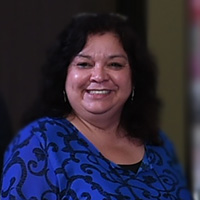
Jerilyn Mendoza
JPAC member
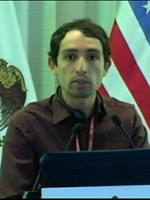
Francisco Ceballos
Director of Evaluation and Performance
INFONAVIT
Download Presentation
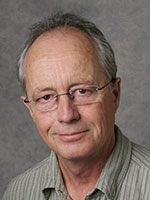
Bill Semple
Architect/Principal, NORDEC Design and Consulting
Download Presentation

Dave Ron
Energy and Sustainability Expert, Sustainability Solutions Group
Facilitated discussion with the panelists and participants
Session 4 wrap-up
Sessions 1-4 wrap-up
Closing Remarks by Robert Varney, JPAC Chair
Jardín El Tule
Welcome Reception
Tuesday, 13 May 2014
Session 5: Recap of Sessions 1-4 and drafting of recommendations for each topic addressed in Sessions 1-4.
Facilitated discussion with all participants
Break
Report from the National and Governmental Advisory Committee representatives
Report on Recommendations from the Good Neighbor Environmental Board
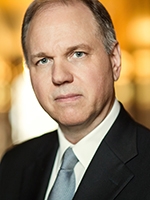
Mark Joyce
Associate Director
US Environmental Protection Agency
Download Presentation
Closing remarks by Robert Varney, JPAC Chair